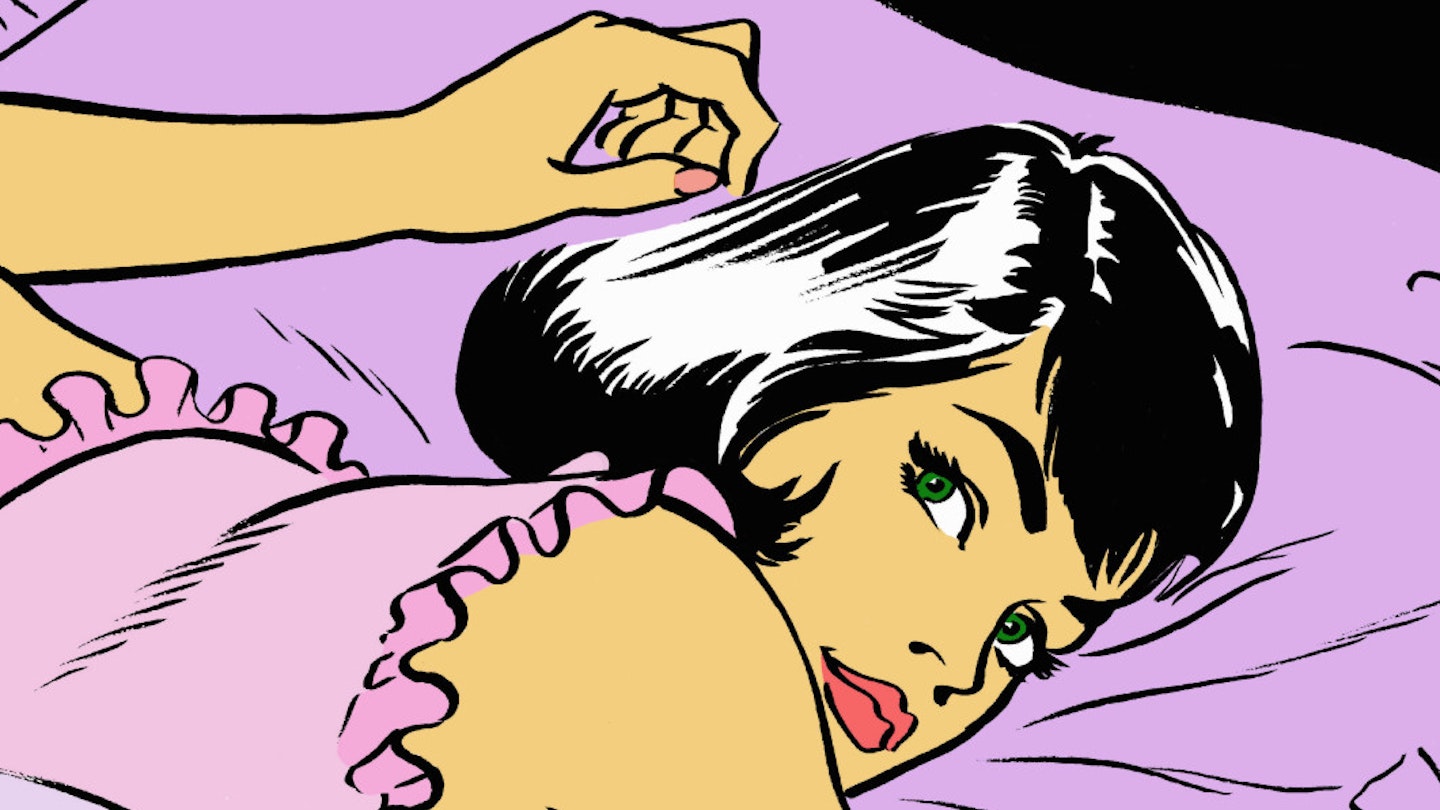Insomnia is the worst. Not only are you losing sleep, but you're stressing about how much sleep you're losing while the work day ahead looms closer by the minute, which then makes it harder to drift off.
While there is no miracle way to trick your body into thinking it got the rest it needed, there are things you can do to make the day after a sleepless night more bearable.
New York Magazine's Science of Us carried out a study on the best ways to tackle a long day at work when you're sleep deprived. So, rather than feeling like a zombie and having to pry your eyelids open so that you don't fall asleep at your desk, follow these 9 steps.
1. Don't hit the snooze button
This is tough, but according to the study a few extra minutes in bed won’t actually make you feel anymore rested. It’s best just to drag yourself out of bed as soon as your alarm sounds, or better yet, train your body to rise without an alarm. This may seem alarming (get it?), but the study What keeps us awake? The role of clocks and hourglasses, light, and melatonin suggests that many of us have sleeping patterns that aren't synced healthily with our work/social schedule, and that we should ideally be waking up without the help of an alarm.
2. Eat breakfast straight away
There are a lot of studies that suggest it is unhealthy to skip breakfast as it may lead to issues of high cholesterol and heart disease. Eating breakfast can also help alleviate fatigue: Science Of Us says you should eat breakfast within the first hour of waking up to increase your mood and brain stimulation. However, you should steer away from sugary cereals, as you will likely have a sugar crash in the daytime. Instead, opt for whole grains and protein - eggs are great. And if you’re a coffee drinker, skip the sugar in that too.
3. Get outside
Bright natural light will up your body temperature and improve your mood.
And don’t wear sunglasses either, take in as much vitamin D as possible.
4. Have a coffee as soon as you get to the office
Have a coffee when you first get to the office to set you up for your day. According to the study, caffeine takes 30 minutes to hit your system, so if you meetings you later in the morning you need to be prepared.
5. Undertake the hardest tasks first
When you get to the office, take on your toughest tasks first, as you will be your most alert in the first few hours of your day.
6. Have a lean lunch
Have a lunch that includes vegetables, grains and lean protein - anything sugary and you will crash before the end of the day.
7. Have a coffe in the early afternoon
The early afternoon is when you’ll feel at your most tired and will be struggling, so have another coffee, but no later than 3pm as caffeine stays in your system for 7 hours so you don’t want to mess up your next night's sleep.
8. Tackle simpler tasks in the afternoon
For the final few hours of your day busy yourself with simple but productive work, such as replying to emails or filing. Your attention span is only going to last for about 10 minutes at a time, so best not to take on anything too heavy.
9. Leave early
Bringing the end of your day a little closer - even by 10 minutes - will increase your mood and give you the last burst of energy you need to get home before you can collapse into bed, according to Science Of Us.
Tips for beating fatigue
If you're having trouble getting to sleep at night, these five simple hacks might help you feel more rested in the day.
1. Stay away from smartphones, tablets and computers late at night
According to the Organizational Behavior and Human Decision Processes journal, those who use their smartphones late at night experience fatigue and lack engagement at work. This is because staring at at bright light will keep your brain stimulated and make it harder to fall asleep. If you're really struggling with your sleeping pattern, try to not use a screen for an hour before you go to bed, or ban your phone from your bedroom completely.
2. Drink plenty of water
This is an obvious one - drinking enough water has a myriad of health benefits, but this includes feeling more rested as your body is hydrated.
3. Avoid drinking alcohol before you sleep
Drinking excessive alcohol before bed may make you sleepier, but according to Insomnia: Diagnosis and Treatment alcohol increases nonrapid eye movement disturbs your sleep cycle, making you feel less rested in the morning.
4. Keep your space tidy
The more things on your mind when you go to sleep, the harder it'll be tp drift off. You can ease the sense of feeling overwhelmed by keeping your environment tidy, and if you wake up after a bad night's sleep neat surroundings will encourage a mood increase.
5. Have a low-fat diet
You can improve your sleep quality and therefore your energy by consuming a balanced and low-fat diet, according to a study conducted in the Sleep Medicine journal.
READ MORE: Don't Skimp On Sleep: How To Get The Rest You Need
READ MORE: Sleep Cycle App: Can An App Actually Improve Your Sleep Quality?
